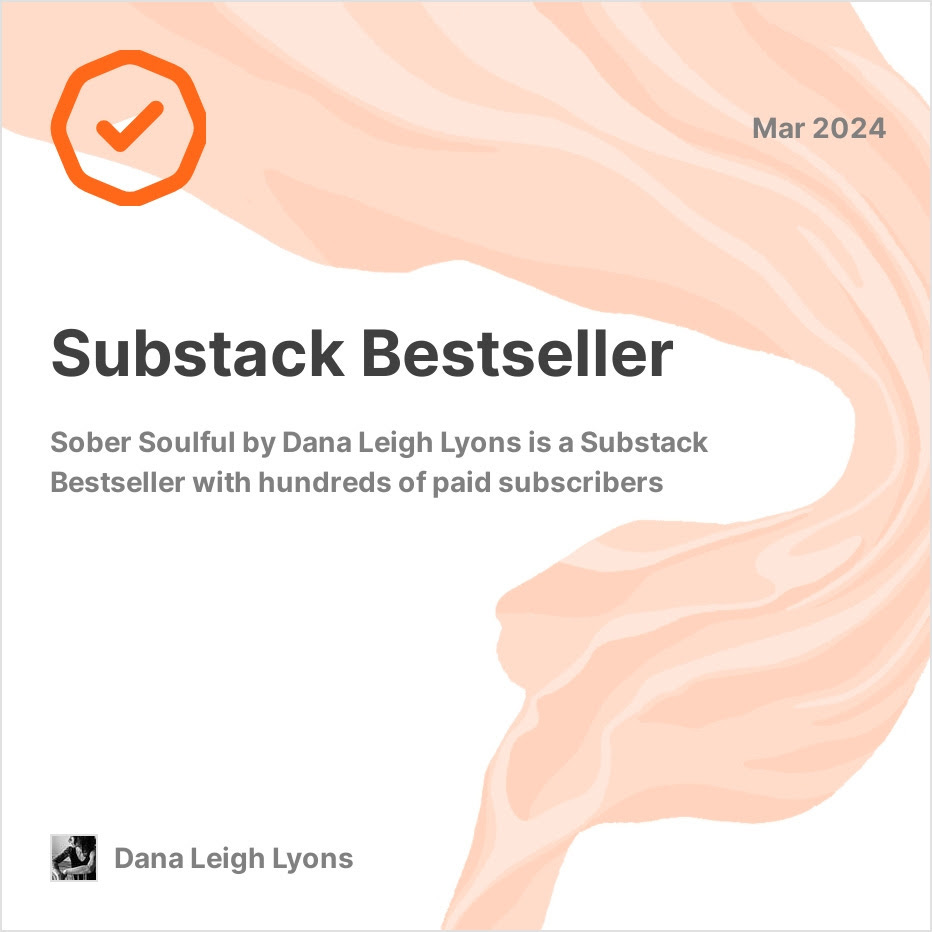“One of the huge issues in the world these days [...] is not political. It’s hate.”
That’s how senior Buddhist teacher Gil Fronsdal answered when asked about anger and fear during a recent dharma talk—specifically, how to manage our own anger and fear around a particular election.1 He went on to say:
“If there’s going to be a solution that’s really going to be valuable, there has to be some deep addressing of this issue of divisiveness and hate. And that work can only happen at the individual level, so it needs to start with you.
If you’re so mesmerized, so enamored, so obsessed with what’s happening ‘out there,’ you’re actually missing yourself in a profound way.”
This isn’t to say we should meditate twenty-four hours a day or ignore what’s happening in the world. If we’re concerned about something, Gil counsels us to act on it. Not in a way that causes harm. Not in a way that sows more division. But, rather, in a way that involves actually doing something impactful, heart-sourced, and helpful.
Reinforcing division is a dehumanizing act.
Since quitting Instagram last year, my only social media is Substack Notes. Compared to other platforms, it’s more respectful, more civil, all-around kinder.
And yet, these days, in the months leading up to the U.S. election, my Notes feed is brimming with hate, fear, and division. Writers and commenters are shouting and shaming; very few are convincing or listening. Anyone who disagrees in the slightest, or holds space for more than one truth, or simply asks questions? Moralized, demonized, banished. In the name of…freedom. On behalf of…democracy.
And so, I mute, I unfollow, I click “show fewer notes like this.” Doesn’t matter. New, similar posts pop up in their place—spewing more opinions, more polemics, more hate.
Thank goodness I’m off other social media; I have a hunch it’s just as bad there.
But you know what? Whether on Notes or anywhere else, we can refuse to participate in polemical, non-listening, fear-driven stories. We can refuse to participate in sowing more hate and division.
Because—make no mistake—that’s what this is. And if you, like me, don’t belong to either of the Big Teams, you really get it. It’s easier to see when you’re not enmeshed in the fray.
The way folks are amplifying hate and division is also easier to see if you know and love people on different sides—people who are, at the end of the day, still people.
People who come from their own hardships and wounds. People with integrity who are doing their best. People who have their own fears and want to feel safe. People who don’t deserve to be discounted or flattened with a meme, headline, or soundbite.
I do it too. Here’s what’s been helping.
As a queer, spiritual Doctor of Traditional Chinese Medicine and dual U.S.-Canadian citizen who was born in small-town America, used to live in Egypt, and now lives in Thailand, I consider myself an open-minded person with an expansive perspective.
And yet, scrolling the internet, I find my vision narrowing. I find it remarkably, disturbingly easy to lose my grip on the off-line, human-first, more complex realities that I work hard to hold.
My biggest place of practice is not reacting in hateful ways to those spreading hatred! The past few weeks, that has been challenging. More than I care to admit, I’ve found myself scrolling Notes, seeking more folks to unfollow.
So, I’m working on it, and I’m bringing my practice into every day—not just through writing, but by responding in ways that run counter to my initial, more heated reaction. Because while I do see a place for anger, I see no room for hostility.
The heart of my own spiritual practice is not causing harm. For me, an ethical life is one in which we choose to practice, act, and live more beautifully. But whether or not everyone agrees with that ethos, I wonder:
Does a reactive, rage-first approach actually work? Does it change votes and minds? And achieve what I’m after?
Or does it further alienate and inflame those not on my “side”? Does it perpetuate more hate, more division, more of the same?
Shifting from reaction to response is a practice, and (if you’re anything like me) there’s space to do better. Here’s one place to start.
Signs you might be hooked on hatred
First, I ask (myself and others):
Are you engaging in good-faith dialog with “the other side” or shittalking politics on social media?
Have you had civil, respectful conversations with people from different socioeconomic, geographic, and educational backgrounds?
Are you 100-percent certain that anyone who doesn’t think like you is wrong or plain evil? Are you closed off to the possibility that you might be wrong on something or may not have the full picture?
Do you sometimes lose sight of the fact that there’s a whole world outside of your home country and not everyone shares your privilege, priorities, and perspective?
Do you get all your news and information from one source or set of sources that march in lock-step and share your views?
If you do follow news from the “other side,” are you consuming to listen and learn? Or to fuel your anger and find extremes that “prove your point”?
Do you dismiss anything you disagree with as misinformation? How do you know that’s the case? Why do you trust who you trust? What makes you and your sources so different? Who do you suspect is funding those sources? Or profiting off them?
Do you experience questions about your positions or side as a threat? Do you feel that threat must be censored and silenced?
Do you make it safe for others to express an opinion, belief, or truth that differs from your own?
Finally:
Are you coming from a thoughtful, skillful, heart-centered place? Like, really, in your most secret rooms?
Is what you’re doing actually effective? Is it changing hearts and minds in a helpful, impactful way? Or are you and your friends slam dancing and screaming inside your own echo chamber?
Look, it’s easy to deflect from our own patterns. It’s easy to point a finger at others engaging in extreme versions of everything above. It’s also easy to use that as a distraction from the subtler, sneakier things we get up to.
But, for today, here’s The Assignment: I invite you to join me in turning the gaze inwards—in getting really curious and really fucking honest each time we comment, restack, or post.
What’s our unspoken, most secret agenda? What’s the intention behind our intention? Is there a “charge” there? Something that holds a hook and doesn’t come from the heart?
Which brings us to…
Acting from our core, not the periphery
Even just noticing and naming what we’re up to already changes things. And, that’s not enough. Awareness without action is empty.
Wise, skillful, effective action doesn’t come from hate. Nor does it come from frenzied tantrums, fear-driven polemics, or shouting our opinions at others. It comes from someplace deeper. It comes from inside us.
Only from there can we have real conversations. Only from there do we stand a chance of being heard, hearing others, and getting someplace different and better together.
Here’s an analogy to show what I mean:
In yoga, we have what are known as “balancing postures.” In these postures, we’re asked to hold our body in a particular shape—a shape which may look still on the outside, but which is maintained through mindful, near imperceptible movements.
If you’re focused externally, if you’re more interested in other students or the teacher or mirror, if you’re trying to find balance by moving from the periphery (including your own limbs, thoughts, or worries), well…you might pull it off. But the posture will be unsteady. Or touch and go. Or, quite simply, luck. Sometimes it’ll work, other times not.
The secret to holding these postures with confidence is focusing on—and connecting with—what’s most internal. And, by “internal,” I don’t mean your thoughts. I mean your core. Your thoughts might keep coming, your limbs might move into pretty positions, but, through it all, your core is the source of grace, strength, and ease.
From this place, we balance. From this place, we extend. From this place, we act.
Again, I’m right here with you.
I feel furious right now—especially towards people on both sides sowing hate and division.
So, I’m turning inward. I’m returning to the above questions and asking what my part is in our hate problem. I’m asking myself what it takes to be effective, not cause harm, and show up more beautifully.
If you take a few minutes to look inward about how you’re showing up in political discourse, what do you discover?
Are you quick to “like” and reshare some types of content and not others?
No matter who you vote for, are you getting sucked into “choosing a side”?
Is overwhelm and hateful rhetoric keeping you from thoughtful, helpful engagement?
In sharing your responses, please take care to not spread hate and division in this space. Similar to recovery groups, I ask that you refrain from using collective language and from offering unsolicited advice or political commentary.
Thank you. I appreciate you. I love you.
Dana
P.S. See you next Saturday for a personal update on my life in Thailand, including Western and Chinese Medicine healthcare, moving into a lovely house, and finding a phenomenal vet who saved my cat. You can upgrade your subscription for full access here:













The most dangerous people, I find, are the ones who share a significant amount of my politics but spew hate and attack people in the name of those politics.
Love this. And it makes me wonder what it would be like if we all had classes in early schooling that taught us to shift from reaction to thoughtful, conscious response?